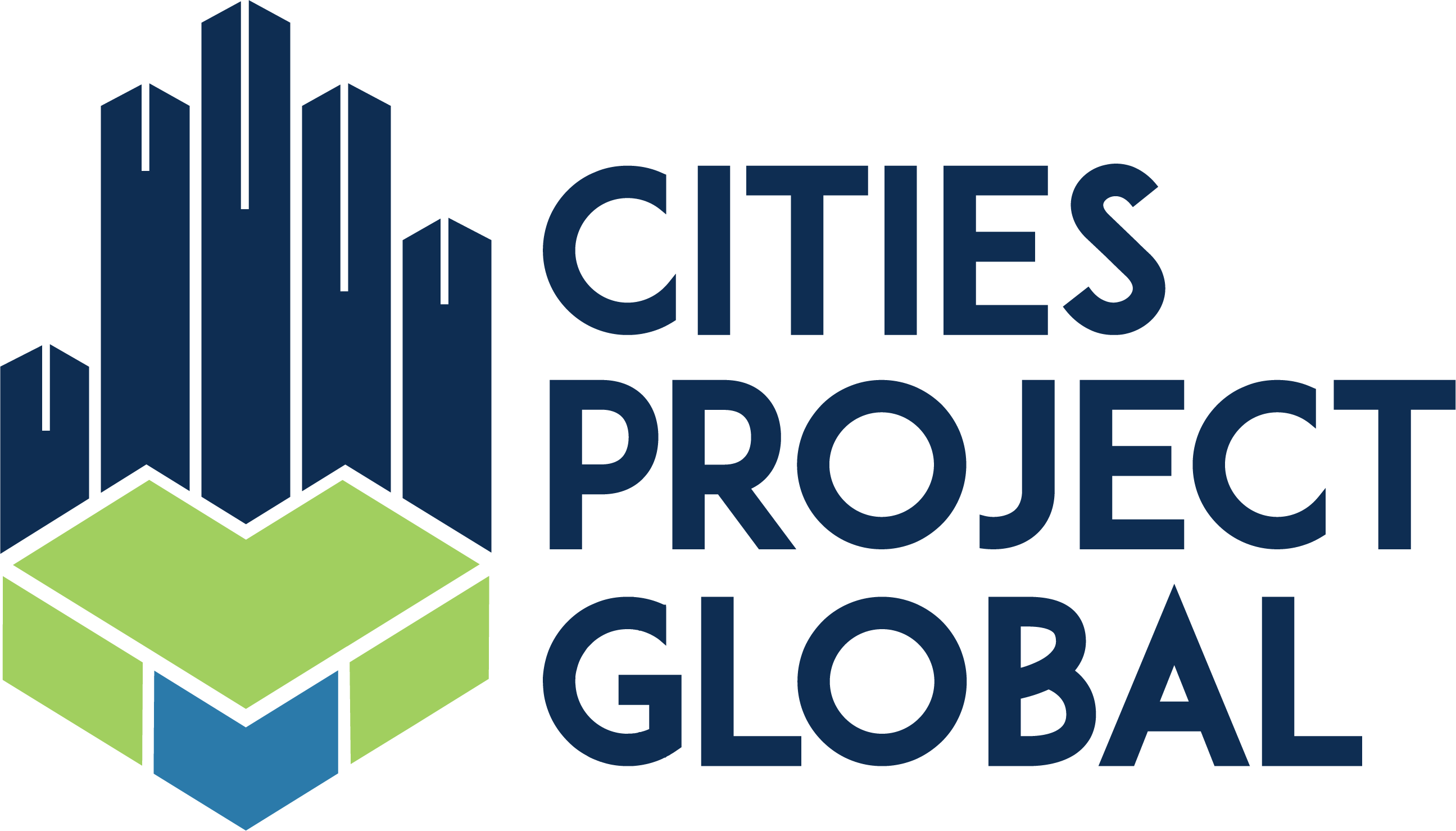So much wisdom can be gained through simple shifts in perspective—and what if we told you that while many people see the Bible as a two-part story (fall and redemption)—it actually has four parts?
Our small group study, VantagePoint, is specially designed to facilitate sharing new perspectives between trusted friends or community members, and it is also written to introduce theologically-backed points of view that many people aren’t introduced to on Sundays.
For example, this excerpt from Module Two, Session One unpacks the Bible as a four-part story:
The overarching narrative (metanarrative) of the Bible consists of four “chapters”: Creation, Fall, Redemption, and Restoration. We can see this larger framework as we follow God’s story, and it becomes a helpful lens to better understand how we integrate in the world.
1) Creation: The world as it ought to be. (Genesis 1 and 2) We see here how God created the world to be. We see mankind in a right relationship with God. We see a “job description” and responsibility for mankind to be His representative and stewards in His creation fulfilling His will. This mandate indicates God’s original intent for the world and our participation.
2) The Fall: The world as it is. (Genesis 3) What would a good story be without conflict? We see here brokenness enter an unbroken world as mankind makes a decision and separates from the world that God intended. Guilt and corruption disrupt our relationship with God, within ourselves, and our relationships with others. Our role as described in Creation remains in place, however, now we live and work in a broken world.
3) Redemption: The world as it can be. (Throughout the Bible, including Colossians 1:15-20) The life, death, and resurrection of Jesus Christ was paramount in God’s redemptive plan. Corruption touches every aspect of the world and so does God’s redemption. The world will not be perfect until Jesus returns and makes all things new, yet we still have the responsibilities to steward and lead described in Creation.
4) Restoration: The world as it will be. (Revelation 21:1-11) The story is resolved as humankind is restored and the new creation is established. Moving from time to eternity, a fallen broken world is restored through His redemption to the world He intended.
The four-chapter Kingdom Story vantage point gives us a fresh perspective that is warm and rich and reminds us of how amazing our loving and powerful God is. This vantage point also can give us a lens to view any situation as connected to the gospel…
The Ought-Is-Can-Will framework in everyday life
As Michael Metzger, president of The Clapham Institute, puts it:
If the gospel can’t explain all the things we do all day – that is, the way they ought to be, the way they are, what you can do about them, and what they will be – then you have a gospel that can get you into the kingdom but will have trouble with “Thy Kingdom come.”
In other words, understanding the four parts of God’s story gives us an actionable framework for how we can see and respond to the world around us every day. As expressed in another VantagePoint excerpt:
God intended siblings to live in harmony, but that’s not the way it is when a brother hits a sister. Parents can help redeem the brokenness by encouraging an apology and a kiss on the cheek to restore the peace.
God intended abundance in His creation, yet families are hungry in my city. A small food pantry or a community garden would help redeem the situation and restore abundance.
God intended order in His created garden. But misplaced and stolen inventory is stifling a company’s growth. The worker develops a control system to organize the warehouse that redeems order and restores the company.
With this framework in mind, what situations can you think of in your city or community that are in need of restoration to God’s intended state? How might you be called to respond to the need you see?
If you are interested in gaining a new perspective that can help you better live into your purpose, VantagePoint is now available here.


Recent Comments